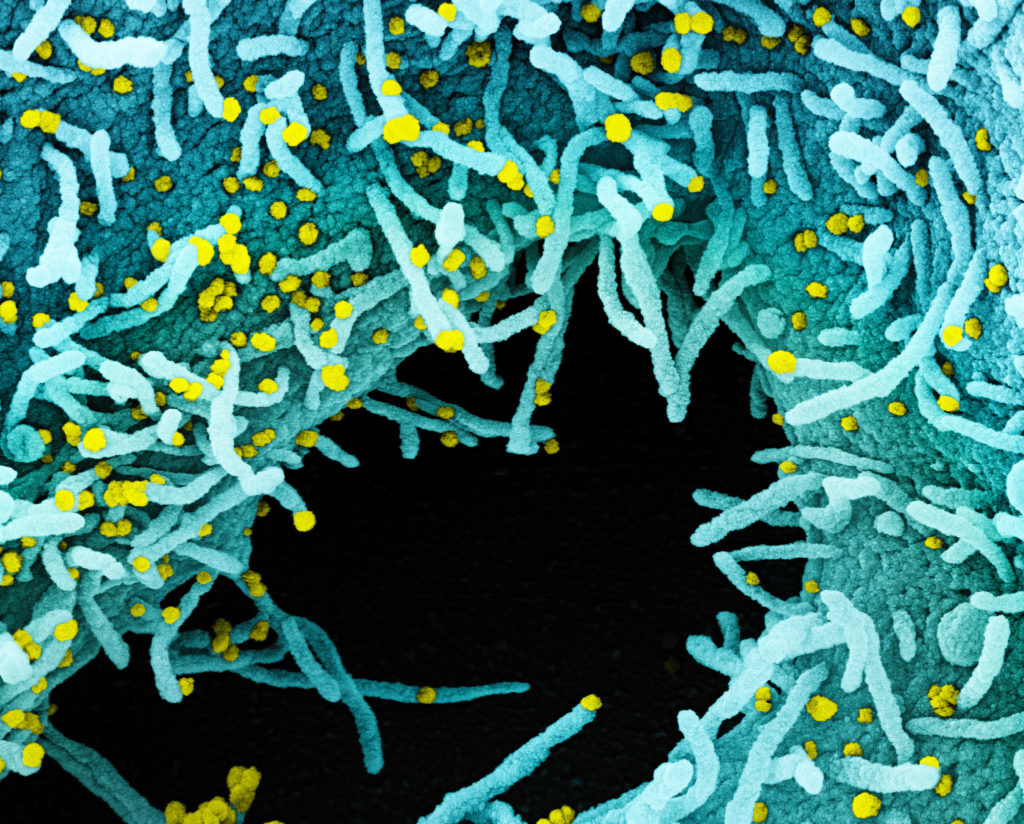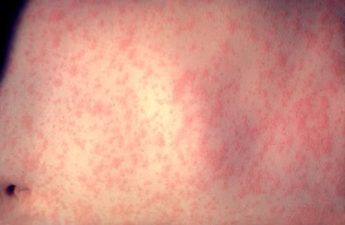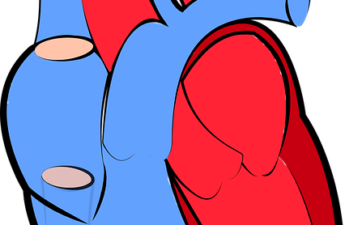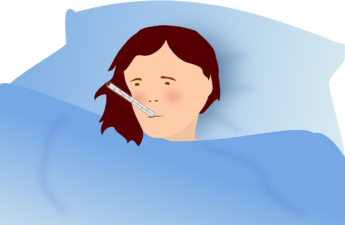
What the discovery of new COVID-19 variants means for Washington
Washington State Department of Health
The arrival of vaccines and the decline of COVID-19 cases are hopeful signs that we are nearing the end of the pandemic. But, like other moments in this pandemic, it can feel like every step forward has two steps backwards. This is especially true when we hear about new COVID-19 variants here in Washington state.
In January, Washington researchers detected the first case of COVID-19 variant B.1.1.7, known worldwide as the United Kingdom variant. Last week, local labs discovered another particularly concerning variant called B.1.351 (the South Africa variant). And, there are other variants out there that we haven’t found in Washington yet, such as the California and New York variants.
These variants are an important reminder that we cannot drop our guard. To protect ourselves and our communities, we need to remain vigilant to slow the spread of these new virus strains.
What variants are out there?
Viruses, including COVID-19, constantly change through mutation. Mutated versions of a virus are called variants. Some variants simply disappear while others keep showing up. With COVID-19, there are three variants of concern worldwide: B.1.1.7, B.1.351 and P.1.
Two of these variants are here in Washington:
- B.1.1.7: Researchers first identified this variant in the United Kingdom. It has now spread to most of the world. Scientists expect that it will become the dominant strain because it spreads faster than other mutations. It’s been here in Washington for roughly a month.
- B.1.351: Researchers first identified this variant in South Africa. It’s the newest variant to be found here in Washington. This variant is concerning because it appears to be resistant to vaccines.
Are these variants more dangerous?
Viruses mutate — that’s what they do. Most mutations don’t affect us much. In general, variants seem to spread easier and faster. With COVID-19, this can lead to increased cases and hospitalizations.
Viruses mutate when they get transmitted from one person to another. So, the best way to stop variants from occurring is to stop transmissions.
Will the vaccine protect me against variants?
That depends upon the variant and the vaccine.
- Current vaccines do protect against getting the B.1.1.7 (United Kingdom) variant.
- Vaccines do not seem to prevent people from catching the B.1.351 (South Africa) variant. But, the vaccines can still reduce the severity of infections and decrease the risk of hospitalization. Manufacturers are working to refine their formulas to fight against this variant.
What can I do?
The Centers for Disease Control and Prevention (CDC) is constantly studying variants and their effects on people. In the meantime, it’s more important than ever to continue following proven public health guidelines to protect yourself and others:
- Stay home if you are sick or if you have been exposed to COVID-19.
- Wear a well-made, well-fitting face mask, even with people you see regularly.
- Wash your hands often and use hand sanitizer when soap and water are not available.
- If you choose to gather with others, then do it outside whenever possible. If you gather indoors, keep the guest list small, wear a mask and keep windows or doors open to maximize ventilation.
- Get tested for COVID-19 if you have symptoms or were exposed to someone who tested positive.
- Download or enable WA Notify to receive notifications if you have been in close proximity to someone who has tested positive to COVID-19.
- Get the COVID vaccine when you are eligible.
· Stay up to date. We post a weekly sequencing and variant report on the DOH website that can be found here. It provides information about all the variants currently found in Washington state. You can also get the latest information by checking our COVID-19 variants page.
More information
Information in this blog changes rapidly. Sign up to be notified whenever we post new articles.
Check the state’s COVID-19 website for up-to-date and reliable info at coronavirus.wa.gov.
See what vaccine phase we are in now at CovidVaccineWA.org. To find out if it’s your turn, visit FindYourPhaseWA.org and our timeline of vaccine phases. Check the vaccine locator map for a list of places where you can get the vaccine, which is provided at no cost.
Answers to your questions or concerns about COVID-19 in Washington state may be found at our website. You can also contact the Department of Health call center at 1–800–525–0127 and press # from 6 a.m. to 10 p.m. Monday, and 6 a.m. to 6 p.m. Tuesday — Sunday and observed state holidays. Language assistance is available.


